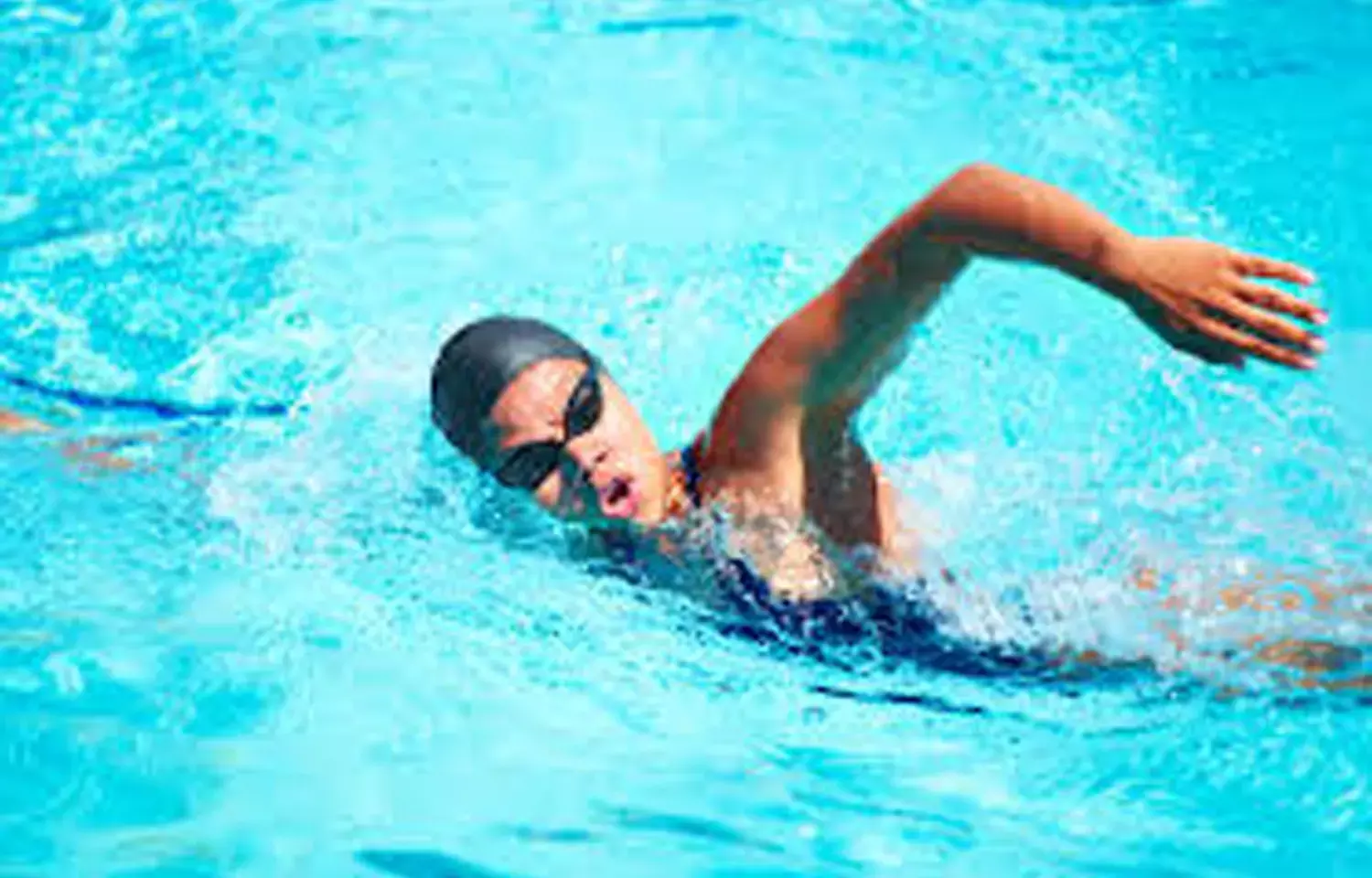- Home
- Medical news & Guidelines
- Anesthesiology
- Cardiology and CTVS
- Critical Care
- Dentistry
- Dermatology
- Diabetes and Endocrinology
- ENT
- Gastroenterology
- Medicine
- Nephrology
- Neurology
- Obstretics-Gynaecology
- Oncology
- Ophthalmology
- Orthopaedics
- Pediatrics-Neonatology
- Psychiatry
- Pulmonology
- Radiology
- Surgery
- Urology
- Laboratory Medicine
- Diet
- Nursing
- Paramedical
- Physiotherapy
- Health news
- Fact Check
- Bone Health Fact Check
- Brain Health Fact Check
- Cancer Related Fact Check
- Child Care Fact Check
- Dental and oral health fact check
- Diabetes and metabolic health fact check
- Diet and Nutrition Fact Check
- Eye and ENT Care Fact Check
- Fitness fact check
- Gut health fact check
- Heart health fact check
- Kidney health fact check
- Medical education fact check
- Men's health fact check
- Respiratory fact check
- Skin and hair care fact check
- Vaccine and Immunization fact check
- Women's health fact check
- AYUSH
- State News
- Andaman and Nicobar Islands
- Andhra Pradesh
- Arunachal Pradesh
- Assam
- Bihar
- Chandigarh
- Chattisgarh
- Dadra and Nagar Haveli
- Daman and Diu
- Delhi
- Goa
- Gujarat
- Haryana
- Himachal Pradesh
- Jammu & Kashmir
- Jharkhand
- Karnataka
- Kerala
- Ladakh
- Lakshadweep
- Madhya Pradesh
- Maharashtra
- Manipur
- Meghalaya
- Mizoram
- Nagaland
- Odisha
- Puducherry
- Punjab
- Rajasthan
- Sikkim
- Tamil Nadu
- Telangana
- Tripura
- Uttar Pradesh
- Uttrakhand
- West Bengal
- Medical Education
- Industry
Regular swimming helps control diabetes, high BP, and obesity: Study

Palestine: Regular swimming exercise for 16 weeks could be considered as nonpharmacological approach for the management of type 2 diabetes (T2D) and hypertension (HTN), suggests a recent study. It is also useful for patients with obesity, overweight, and hyperlipidemia.
According to the study, published in the journal BMC Sports Science, Medicine and Rehabilitation, T2D and hypertension patients who swam regularly for 16 weeks has significant reduction in blood sugar levels, arterial blood pressure, lipid profiles, and body fat.
Nidal Jaradat, An-Najah National University, Nablus, Palestine, and colleagues aimed to assess the effect of long-term swimming sessions on glycemic and lipidemic parameters, hemodynamic responses, body fat percent, and body mass index for patients with metabolic risk factors from Palestine.
The quasi-experimental study included 40 participants with type 2 diabetes and hypertension. They were divided into two groups -- the first group included the participants who performed long-term swimming sessions and the second group served as the control.
The first group exercised for 2 h, 3 times/week in 29–33 °C swimming pool temperature for 16 weeks. Simultaneously, the control group did not participate in any exercise and advised them to keep on with their everyday lifestyle. After 16 weeks, the researchers analyzed all the obtained metabolic syndrome risk factors using a two-way ANOVA analysis of variance.
The results showed that there were statistically significant differences at p < 0.05 in the variables of low density lipoprotein (LDL), high density of lipoprotein (HDL), total cholesterol (TC), triglycerides (TG), blood Glucose (BG), diastolic blood pressure (DBP), systolic blood pressure (SBP) and body fat percent according to group, time, and interaction for the experimental group.
"The findings of the current study suggested that the regular 16 weeks of swimming sessions could be considered nonpharmacological approaches in managing T2DM and HTN," wrote the authors.
"Therefore, this kind of exercise can a useful therapeutic tool for patients with T2DM, HTN, hyperlipidemia, obesity, and overweight. This is a clinically crucial finding since a continuous swimming program can be highly recommended for individuals with HTN and T2DM. Besides, it can be useful for individuals with obesity, overweight, and hyperlipidemia," they concluded.
The study titled, "Regular swimming exercise improves metabolic syndrome risk factors: a quasi-experimental study," is published in the journal BMC Sports Science, Medicine and Rehabilitation.
DOI: https://bmcsportsscimedrehabil.biomedcentral.com/articles/10.1186/s13102-021-00254-8
Dr Kamal Kant Kohli-MBBS, DTCD- a chest specialist with more than 30 years of practice and a flair for writing clinical articles, Dr Kamal Kant Kohli joined Medical Dialogues as a Chief Editor of Medical News. Besides writing articles, as an editor, he proofreads and verifies all the medical content published on Medical Dialogues including those coming from journals, studies,medical conferences,guidelines etc. Email: drkohli@medicaldialogues.in. Contact no. 011-43720751


